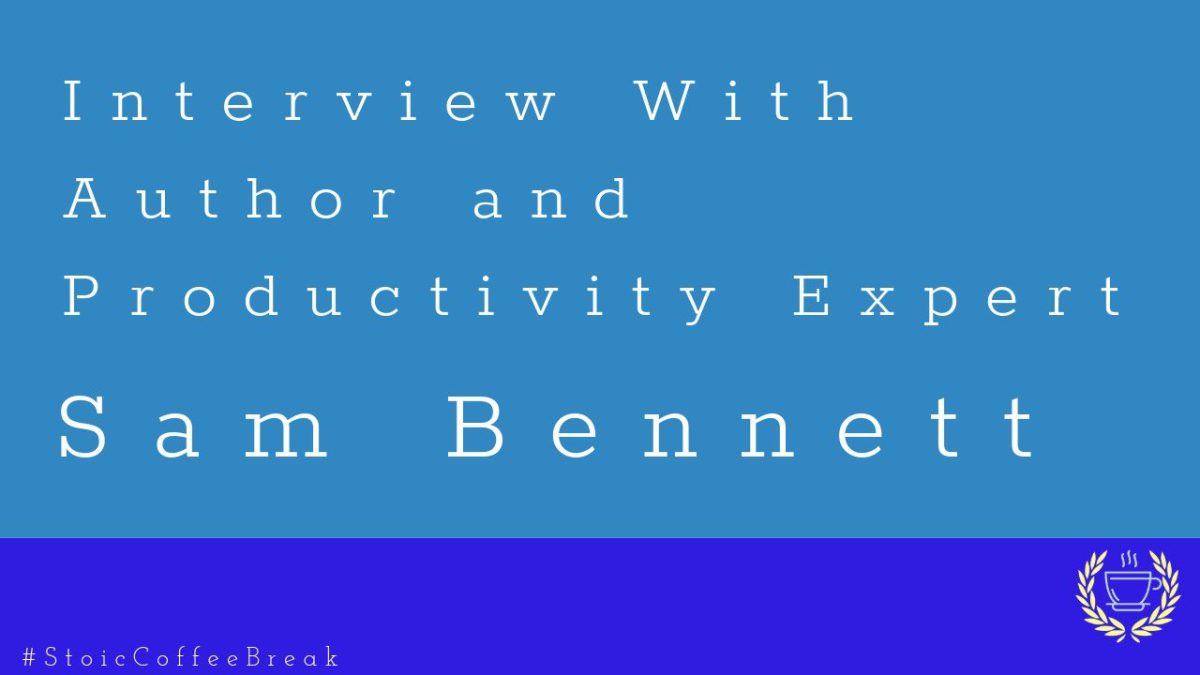Tag: creativity
-

306 – Interview With Author and Productivity Expert Sam Bennett
Dive into the insightful conversation with Sam Bennett, an author and productivity expert, as she shares her journey from the stages of Second City Theater to becoming a beacon for creative minds. Discover practical tips on overcoming procrastination, embracing hobbies versus art, and following your passion’s sparkly breadcrumbs. This engaging dialogue promises to inspire and…
-

268 – Creation is the Purpose of Life
What is the purpose of life? To create. From the dawn of time, humans have been driven to create. Whether it’s art, technology, or solutions to world problems, our creativity leads to breakthroughs and advances for humanity. It’s through creation that we discover ourselves and express our humanity. Embrace your creativity and make a difference…